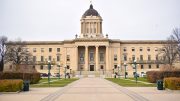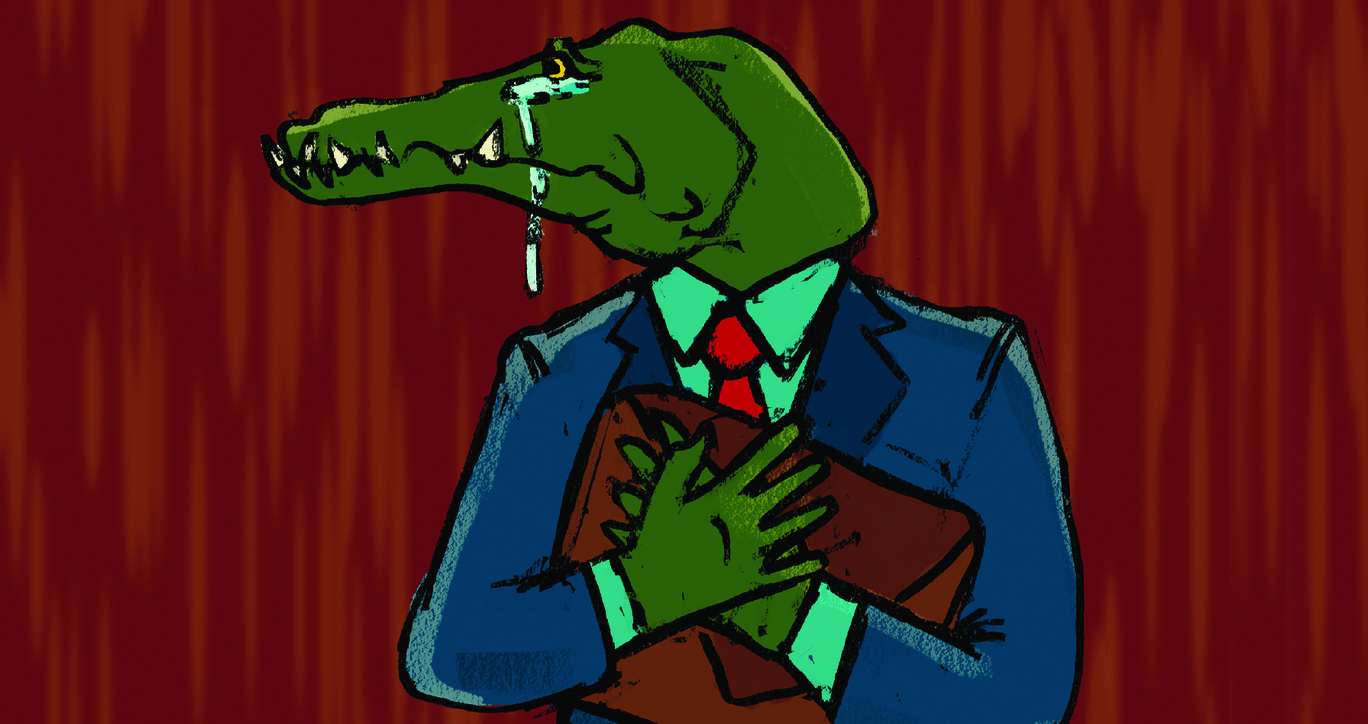Recent protests involving Indigenous peoples blockading railways in peaceful protest have demonstrated the need for better protection of protests.
Over the past several weeks, protests over the Coastal GasLink pipeline — which has been scheduled to be constructed right through Indigenous Wet’suwet’en territory in British Columbia — have grown more vociferous in the rejection of the project in its current form.
And while all of the protests in opposition to the project have been peaceful, the people opposed to the protests have not.
On Feb. 17, the driver of a semi-truck barrelled through a group of protesters on a railway near Morris, Man., allegedly hitting one of the protesters.
As the protests continue, the violence and threats are only getting worse.
Just last week, an email was sent to addresses affiliated with Wet’suwet’en and Tyendinaga township saying that if the blockades weren’t immediately called off, they would bomb their mailbox and their parents would be in danger. The email ended with “This is a threat, you are on notice.”
Although this email is particularly bone-chilling, its tone is far from an anomaly.
Simply visit any news organization’s social media and look for posts that address the railway protests and read the comments. They’re loaded with racist goons. And it’s gotten so bad that a journalist for Global News B.C. claimed he had to delete over 100 Facebook comments “calling for Indigenous protesters and Indigenous peoples to be killed or seriously injured,” with some news outlets opting to deactivate comments entirely.
This trend has been so apparent that experts are now predicting Canada is on its way to a serious problem of white supremacist vigilantes. This needs to end before it starts.
The reality is that those in power — who are supposed to ensure every citizen’s charter rights are respected — have done a terrible job at ensuring peaceful protests are protected.
There are many different facets of Canada’s criminal code that protect protests and protesters.
The problem is that, because of how they’re worded, the laws are at the discretion of the person interpreting them to determine just how they’ll be enforced.
Because the protests surrounding Wet’suwet’en are in direct opposition to a project that is being pushed by the federal government of Canada and provincial allies like B.C. Premier John Horgan, the laws it chooses to enforce — and how they’re enforced — are not favourable to those demonstrating.
In the same way, the state will have a conflict of interest to protect demonstrations that have a message supporting its actions and policies — like a far-right, pro-pipeline truck convoy — and to muzzle protests that contradict its intentions.
Protests should be protected, regardless of whether it is in the state’s financial interest to protect them.
Canada should not be nit-picking laws in order to skirt by while Indigenous peoples are subjected to violence and hatred — something they should be protected against.
But this two-tiered system of governance — with one set of rules for the descendants of settlers or multinational corporations and another for Indigenous peoples — is what led to the Wet’suwet’en protests in the first place.
For all of the crocodile tears from large fossil fuel companies and their sympathizers over the cost of the stoppage of trains and the delaying of the pipeline project, the entirety of that cost could have been avoided had Coastal GasLink simply agreed to the alternative route proposed by Wet’suwet’en — a plan proposed six years ago.
But because of the historical trend in Canada — from Trans Mountain‘s pipeline expansion to TC Energy’s Keystone XL pipeline — where large fossil fuel companies are protected and the laws of the land are interpreted to stifle any dissent, Coastal GasLink knew what to expect.
As it stands, Indigenous protesters are once again on their own, with little to no protection from the right-wing terrorists who intend to cause them harm.
Because the state has demonstrated that it is unable to protect all citizens, Canadians from all walks of life must come together in solidarity — in opposition to the Coastal GasLink and in support of the charter rights of all Canadians.





